The Hawaii Department of Health has again confirmed a travel-related case of dengue fever, this time on Maui, which makes the second such instance in the week, following the one on Oahu. The last incident before these happened was in December. At that time, the Hawaii Department of Land and Natural Resources reminded residents that mosquitoes require only small amounts of standing water to breed, such as buckets, plants, small containers, and planters.
According to the Hawaii Department of Health, the cases this week and several others throughout 2023 involve individuals who had recently traveled to places outside the U.S. where dengue fever is prevalent.
Dengue is a mosquito-borne viral disease occurring in tropical and subtropical areas. Symptoms include sudden fever, severe headache, joint and eye pain, and rashes, typically resolving within one to two weeks. However, in rare cases, it can progress to dengue hemorrhagic fever, which can be fatal.
While there is no treatment for Dengue, there are preventative measures to take while traveling, and vaccine progress, which we will discuss below.
Hawaii does harbor the species of mosquitoes capable of transmitting dengue.
However, dengue fever is not established or endemic within Hawaii. Recent cases have at this point been limited to travelers returning from other affected regions.
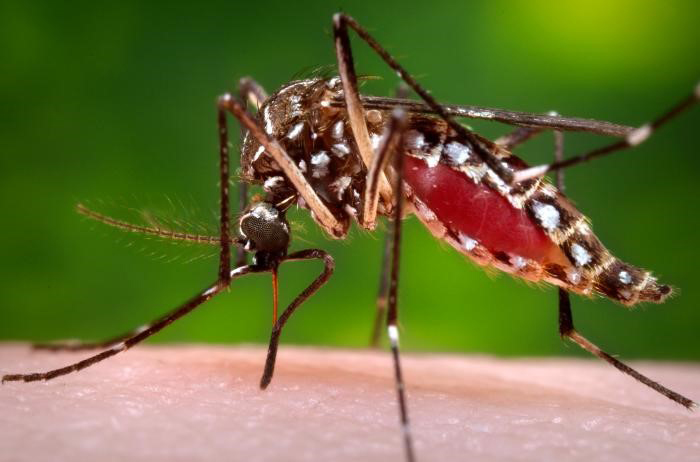

250 confirmed cases due to locally acquired Hawaii dengue fever occurred in 2016.
The last locally acquired case of dengue fever in Hawaii was in 2016. Dengue fever became a pressing concern then, particularly on the Big Island, where a state of emergency was declared due to the outbreak. In a period of four months, there were 250 confirmed cases, marking Hawaii’s largest dengue fever outbreak in 70 years. Among the infected, 25 were Hawaii visitors, while 227 were residents.
That outbreak was likely the result of a dengue introduction via infected travelers, which was sustained by subsequent local transmission.
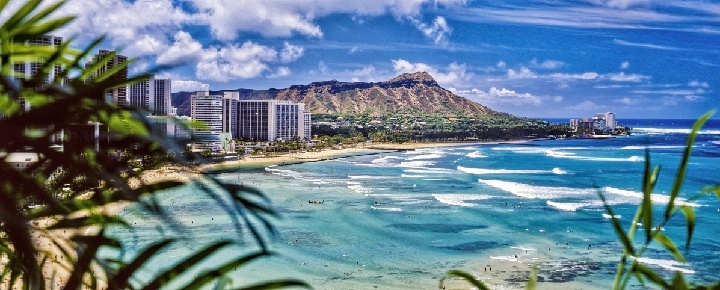

Why isn’t dengue fever endemic to Hawaii?
That’s primarily because of the absence of high numbers of dengue-causing Aedes aegypti mosquitos, together with geographic and environmental reasons.
The remoteness of the Hawaiian Islands is a natural barrier against the establishment of dengue fever. That, together with the limited presence of dengue mosquitoes, reduces the likelihood further.
Hawaii’s climate is another factor. While Hawaii’s weather is clearly conducive to mosquitoes, as many visitors can attest, it nonetheless lacks the consistent conditions ideal for more widespread mosquito breeding and virus transmission that’s noted in dengue-prone areas. Hawaii’s seasonal variations in rainfall and greater temperature fluctuations also help reduce the proliferation of mosquitos generally.
The state exercises stringent controls, including mosquito surveillance and control efforts, and public health interventions. Being proactive in Hawaii helps minimize risk of transmission and prevent outbreaks.
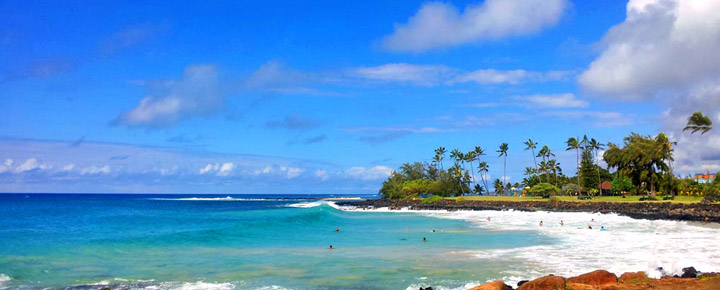

Could dengue become endemic to Hawaii?
There remains some risk that dengue could become endemic to Hawaii. The reasons for that would be:
- More Aedes aegypti or Aedes albopictus mosquitoes. That might occur inadvertently through cargo or via human travel.
- Changes in temperatures and rainfall due to climate change could create more favorable conditions for mosquitoes.
- World travelers coming from dengue-prone regions could again introduce the virus to Hawaii, as happened in 2016, potentially leading to local transmission once again.
Dengue fever vaccines.
Prevention is the only generally available remedy. Effective prevention strategies revolve around avoiding mosquito bites.
The development of a vaccine against dengue fever has been ongoing for one hundred years. Progress is said to have been impeded by challenges associated with creating immunity against the four serotypes of the dengue virus.


Two vaccines are commercially available, Dengvaxia and Qdenga.
Dengvaxia is primarily for those who have previously had dengue fever or reside in certain areas where most people have already been exposed to dengue. That is largely due to the possibility of increasing the risk of severe dengue in those with no prior exposure.
Qdenga, however, is designed for those who have not been previously infected.
Several other vaccines are in development which hold promise for the future.
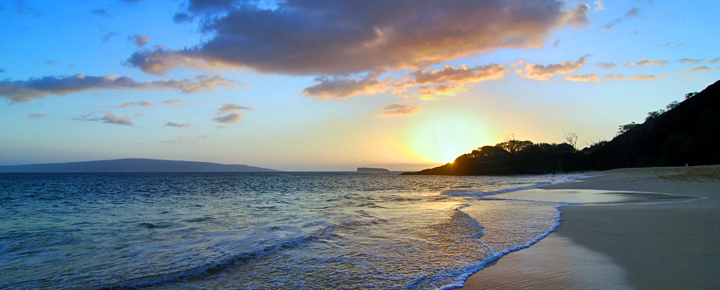

Tips to Avoid Mosquito Bites In Hawaii.
Even while dengue fever is not endemic to Hawaii, it is best to avoid mosquito bites.
- Be cautious during peak mosquito activity times before sunset, after sunrise, and in shaded or freshwater areas.
Choose well-screened or air-conditioned accommodations. - When mosquitos are present, consider treating your room with natural or chemical repellents and vacating the area after spraying.
- Wear protective clothing as a first line of defense, including long pants, socks, and long-sleeved shirts, especially near sunrise and sunset.
- Clothing can have built-in mosquito repellent features.
- Use mosquito repellent. CDC-recommended repellents include DEET, picaridin, oil of lemon eucalyptus (OLE), PMD, and IR3535.
Outbreaks of dengue continue to occur in various parts of the world, including Central and South America, Asia (such as the Philippines), the Middle East, Africa, certain Pacific Islands (such as U.S. territories American Samoa, the Federated States of Micronesia, Marshall Islands, and Palau), and the Caribbean (including Puerto Rico). Countries with among the highest rates of dengue are Nicaragua, Belize, Honduras), and El Salvador.
We welcome your input.
Get Breaking Hawaii Travel News
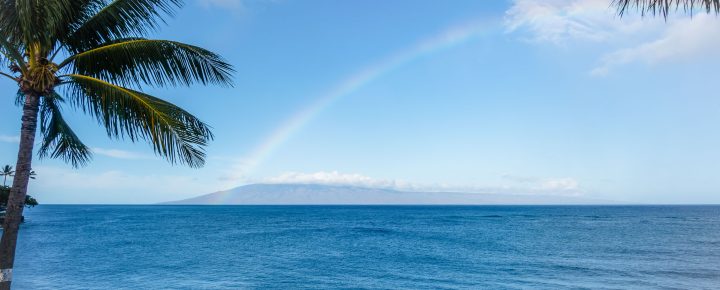



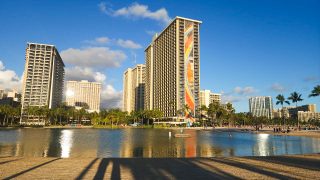


I am just wondering if I go to black sand beach daytime, noonish, is there mosquitios? I will buy the above mentioned repellent, but am worried more about my guests.
Hi Sandi.
Normally mid-day is the most mosquito-free time.
Aloha.
There was malaria and dengue fever on west Kauai during World War II brought by recovering servicemen stationed in the South Pacific hospitalized and recuperating there. It took a great deal of effort, cooperation, and solutions we aren’t allowed to use today to eradicate it. Anyone of a certain age remembers the DDT trucks fogging residential areas and resorts.
Thanks for reporting on this! I just wanted to clarify in case anyone was wondering – dengue cannot spread from human to human. But if a mosquito bites someone with dengue within the first week of infection, that mosquito will become infected and can then infect other people. So anyone who has dengue should take care to prevent further mosquito bites, doing all the things you mentioned. Certainly hope this doesn’t become endemic in Hawaii.